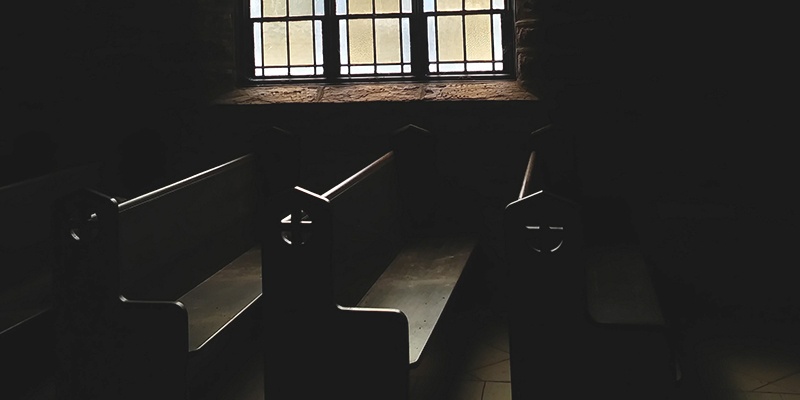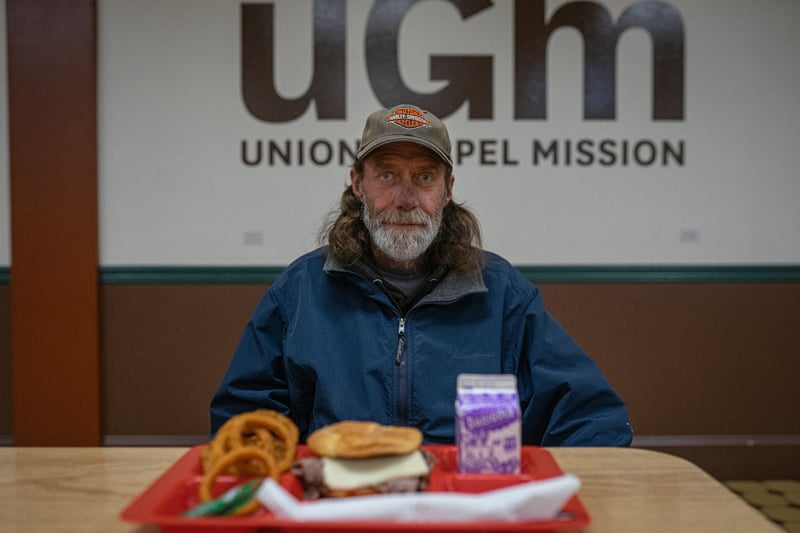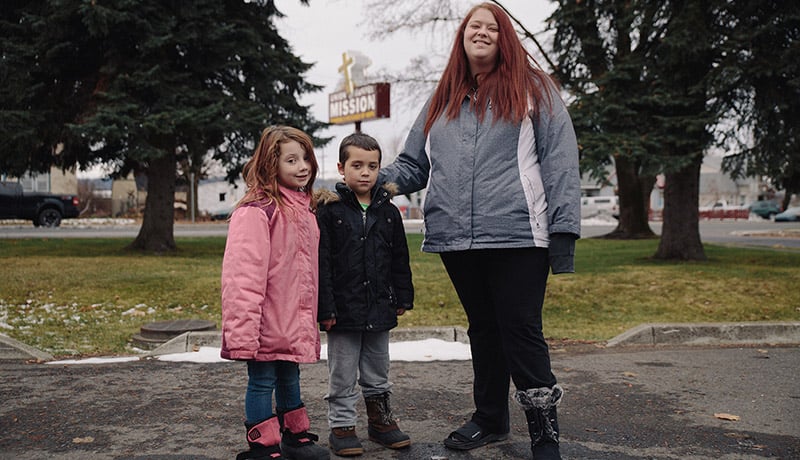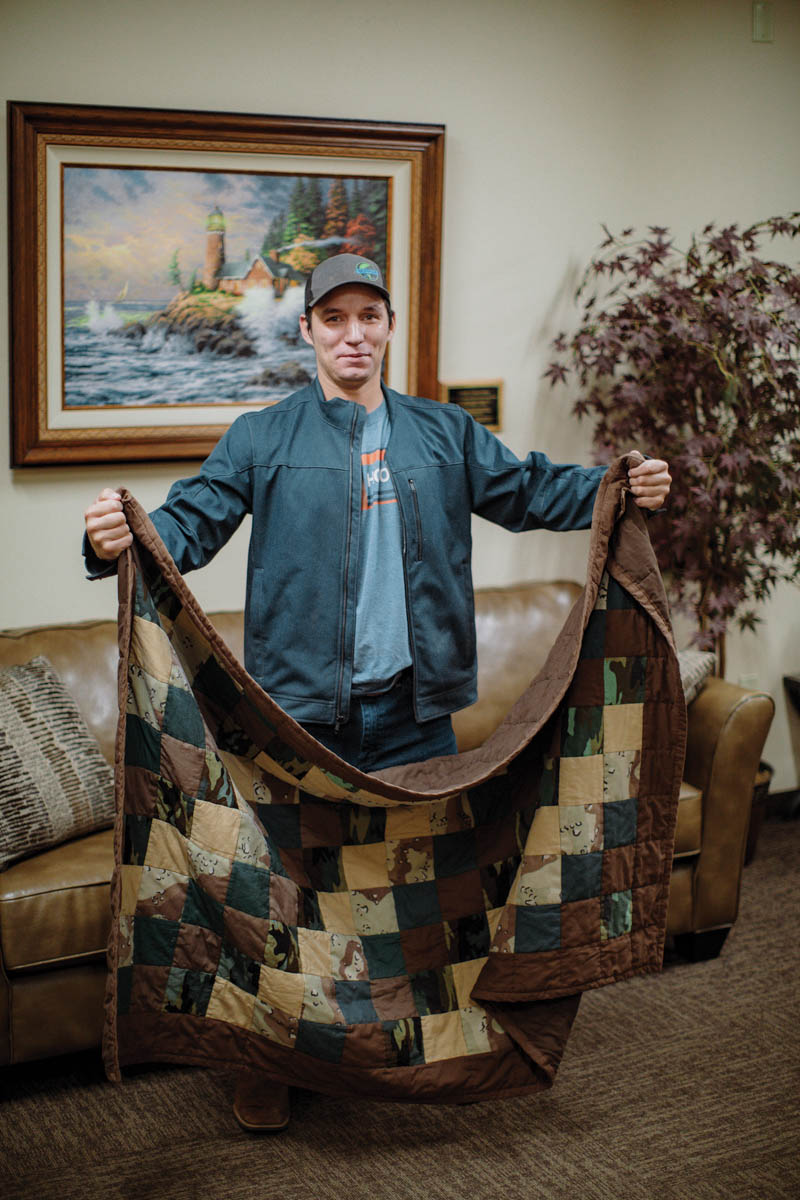2 min read
Gospel-Centered from the Start
“Let us hold unswervingly to the hope we profess, for He Who promised is faithful…Jesus Christ is the same yesterday, today, and forever.” (Hebrews...
 Each year, I choose a different devotional to guide my early morning time with God. I started with one of my favorites, Oswald Chambers’ My Utmost for His Highest, several years ago and have gone through five or six others, including another favorite, John Piper’s Taste and See.
Each year, I choose a different devotional to guide my early morning time with God. I started with one of my favorites, Oswald Chambers’ My Utmost for His Highest, several years ago and have gone through five or six others, including another favorite, John Piper’s Taste and See.
For 2017, I chose a devotional written by a friend and based on the Heidelberg Catechism, Righteous in Christ by Doug Erlandson.
A “catechism” is a means of instruction where Christian doctrine is taught through a series of questions and answers. Frequently, catechisms are memorized as a way of mastering information.
The Heidelberg Catechism was written in 1563 during the Protestant Reformation. I was first introduced to it through another book and wanted to know more as soon as I read the first question and answer:
Q. 1: What is your only comfort in life and in death?
That I am not my own, but belong – body and soul, in life and in death – to my faithful Savior, Jesus Christ.
He has fully paid for all my sins with his precious blood, and has set me free from the tyranny of the devil. He also watches over me in such a way that not a hair can fall from my head without the will of my Father in heaven; in fact, all things must work together for my salvation.
Because I belong to him, Christ, by his Holy Spirit, assures me of eternal life and makes me wholeheartedly willing and ready from now on to live for him.

I confess there were points throughout the year when I got bogged down in the catechism’s structure and Doug’s academic (head over heart) focus. During November, however, the catechism turned to the Ten Commandments and I was deeply engaged.
My favorite part about the catechism’s handling of the commandments is the focus on the flip side of “Thou shall not,” emphasizing not just sins of commission but sins of omission, as well.
Consider Article 111. Article 110 dealt with what was forbidden in the Eighth Commandment, “Thou shall not steal,” but Article 111 is the one that really convicted me.
Q: But what does God require of thee in this Commandment?
A: That I further my neighbor’s good where I can and may, deal with him as I would have others deal with me, and labor faithfully, so that I may be able to help the poor in their need.
“Thou shall not steal” seems like a fairly easy commandment on which to check the box, but the catechism demolishes my comfort. It goes far beyond the prohibition against shoplifting or embezzling or failing to return my neighbor’s mower.
According to the catechism, it’s not enough that I just leave my neighbor alone. “Live and let live” is not, as it happens, a biblical principle.
Indifference to the poor is not an option.

I am to pursue my neighbor’s good.
“In other words, we must promote the welfare of our neighbor. We must have concern for his material wellbeing. This means that insofar as we are able, we should share of our abundance with our neighbor. We should, when we can, look after him to make sure that he is not going through a time of hardship” (Righteous in Christ, reading for November 17).
And who is this neighbor whose good I am supposed to pursue? You and I both know from Jesus’ reply to this question (and the accompanying story of the Good Samaritan) that there’s no way of escape there. Our neighbors are the people in our community, the people whom we encounter in our daily lives – living next door, yes, but also bagging our groceries, making our tacos, clearing our dishes and idly filling the transit station. The panhandler who crosses our path as we’re hurrying to our car. The overwhelmed mom with three kids at Walmart.
Jesus’ repeated commands to love one another (I John 3:23, for example) are not dependent upon behavior. He doesn’t say, love the nice ones, love the smart ones, love the ones making wise choices. God says, “Weep with those who weep” (Romans 12:15). It doesn’t matter whether their suffering is a result of their own sins or not. Pain is pain, no matter the cause, and it is right that we mourn with those who mourn.
And, to press the point a little further, after the catechism instructs us on pursuing our neighbor’s good, it specifically addresses how we are to treat the poor: “…and labor faithfully, so that I may be able to help the poor in their need.”
What?! I’m laboring faithfully to save for retirement, pay for my children’s college education and my daughters’ weddings. I’m hoping to make my first trip to Europe someday, and man, I would like to drive a car with under 100,000 miles ...
Are the poor really my responsibility?
 Erlandson sums up his reflection on this portion of the catechism like this:
Erlandson sums up his reflection on this portion of the catechism like this:
“According to the Bible, if we have the financial resources, we ought to help the poor. And we should do so personally. We should not think that this is the job of the civil government. It is not. It is our job. If we have material abundance and turn a blind eye to those in need, we are as guilty of theft as if we had gone out and personally stolen from the poor.”
When you read the Bible, it seems like a given that the poor are precious to God. But what does that mean to you and me? Does a wealthy country like the U.S. even have "poor" people? Download your free ebook for an honest biblical exploration of what it means to love the poor like God does.

2 min read
“Let us hold unswervingly to the hope we profess, for He Who promised is faithful…Jesus Christ is the same yesterday, today, and forever.” (Hebrews...

9 min read
To celebrate 75 years of serving the Inland Northwest, we are spending the year remembering our history and the faithfulness that built us and...

2 min read
In 2026, Union Gospel Mission Inland Northwest is approaching our 75th Anniversary! This is a milestone that invites gratitude and reflection, and...

“Let us hold unswervingly to the hope we profess, for He Who promised is faithful…Jesus Christ is the same yesterday, today, and forever.” (Hebrews...

John and Vonnie Tucker have a 61-year legacy of working together to build a strong marriage centered on following God’s call to love their neighbors...